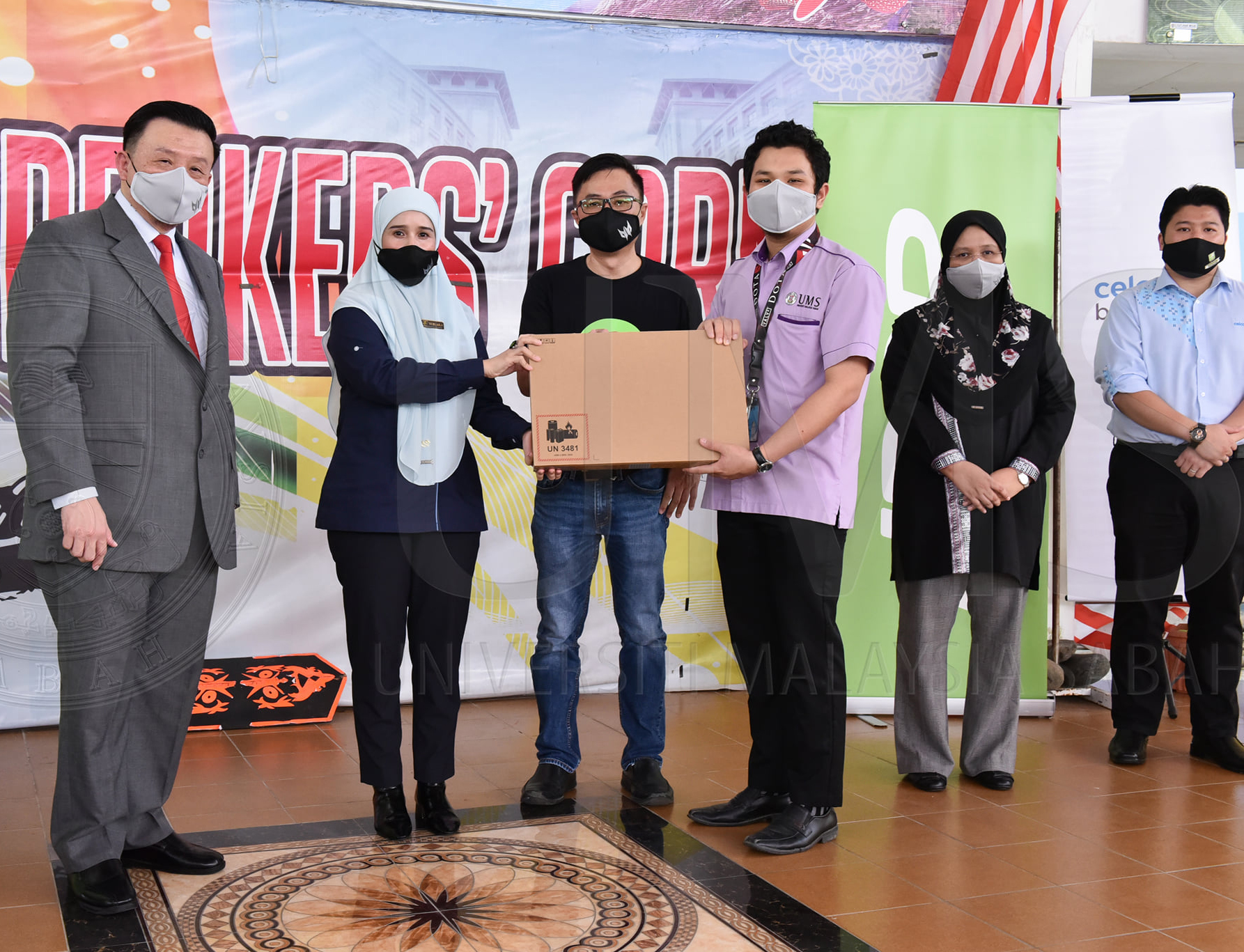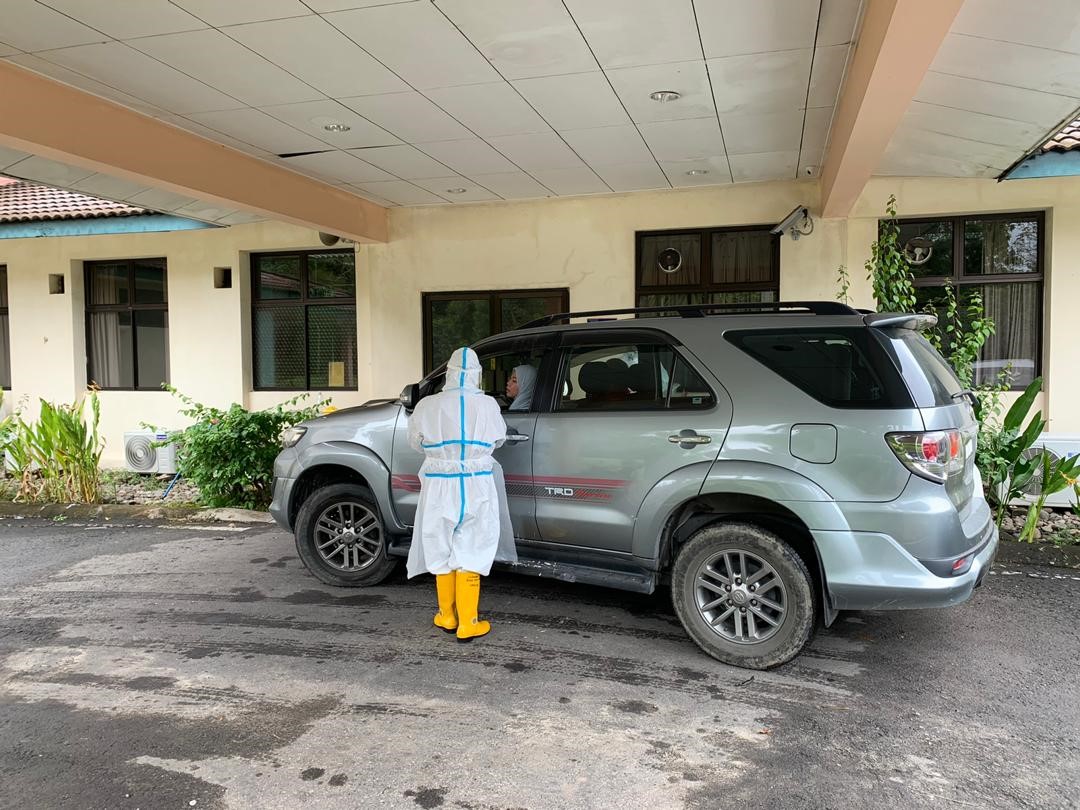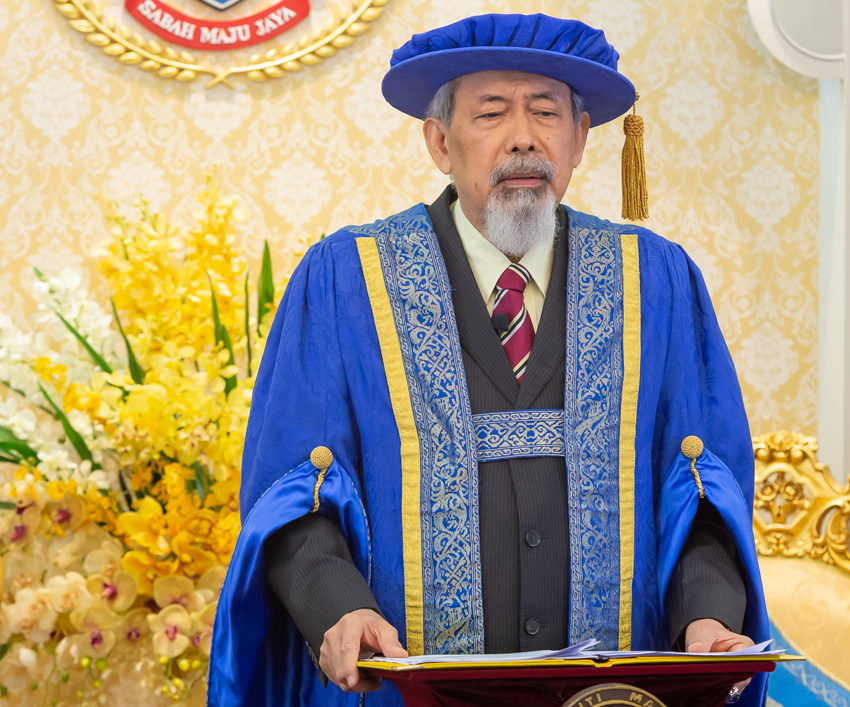 KOTA KINABALU: Some 4,639 Universiti Malaysia Sabah (UMS) students graduated virtually through the university’s 22nd Convocation declaration, which was streamed live online on the UMS Facebook page and official website.
KOTA KINABALU: Some 4,639 Universiti Malaysia Sabah (UMS) students graduated virtually through the university’s 22nd Convocation declaration, which was streamed live online on the UMS Facebook page and official website.
The declaration, which was made by Head of State Tun Juhar Mahiruddin (pic) as UMS Chancellor, will enable the 2020 UMS graduates to receive their physical scrolls next year.
“I would like to record my highest congratulations to the 4,639 graduates who will receive a Doctor of Philosophy (PhD), Master’s Degree, Doctor of Medicine, Bachelor’s Degree and Diploma,” he said in his speech during the virtual declaration, here, Wednesday.
Juhar hoped the new graduates would utilise the knowledge gained during their studies to the best of their abilities.
“Maybe the field you studied in university will not be the same as what you will face in the workforce later on.
“Therefore, you must be flexible, be open to continuous learning so that you can become a more creative and innovative person, with integrity and committed to whatever field you pursue.
“God willing, if all these things are always embedded in the heart, the graduates can face any obstacles in the increasingly competitive workforce and challenging economic environment,” he said.
Meanwhile, UMS Vice Chancellor Prof Datuk Dr Taufiq Yap Yun Hid was reported on Monday as saying that a physical convocation ceremony is proposed to be held in March next year for the graduates.
The university, in a question and answer statement on its Facebook page, Wednesday, said however, it would be subject to how the Covid-19 situation develops.
It added that the graduates’ scrolls and academic transcripts will be distributed via post next year on Jan 11 and physically on Jan 18. Physical distribution will be subject to the Conditional Movement Control Order (CMC0).
Source: https://www.subscriber-dailyexpress.com.my/news.cfm?id=163920




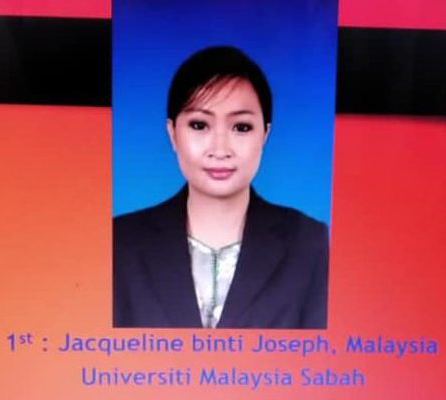 KOTA KINABALU: Universiti Malaysia Sabah’s (UMS), Jacqueline Joseph, was recognised as the Best Participant in the “Department of Resource and Environment Economics (ESL) International Summer Course: Reducing Carbon Footprints from Individual to Global Actions” organised by Institut Pertanian Bogor (IPB) University, Indonesia, recently.
KOTA KINABALU: Universiti Malaysia Sabah’s (UMS), Jacqueline Joseph, was recognised as the Best Participant in the “Department of Resource and Environment Economics (ESL) International Summer Course: Reducing Carbon Footprints from Individual to Global Actions” organised by Institut Pertanian Bogor (IPB) University, Indonesia, recently. 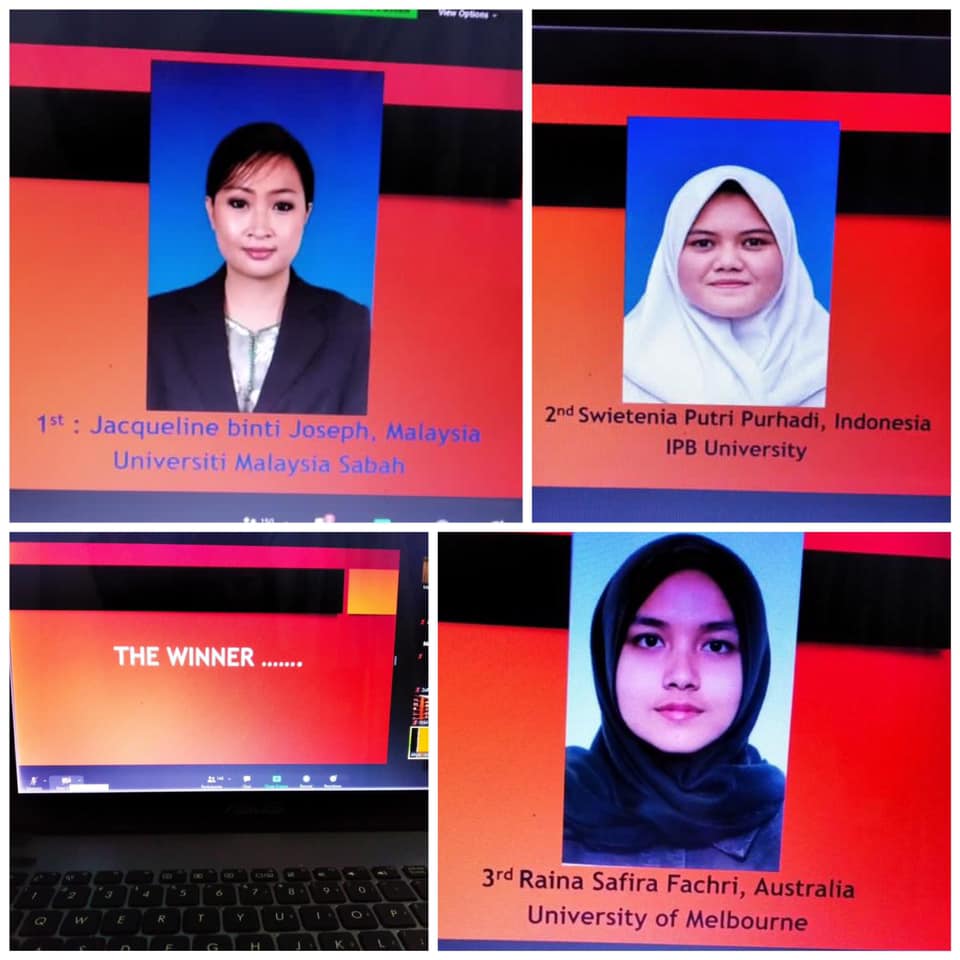
 KOTA KINABALU: A Sabah-led international research has helped shed light on the rare eagle rays, using mainly citizen science and social media.
KOTA KINABALU: A Sabah-led international research has helped shed light on the rare eagle rays, using mainly citizen science and social media. KOTA KINABALU: Universiti Malaysia Sabah (UMS) has allocated more than RM1mil to make online studies easier for its underprivileged students. A total of RM1.25mil has been allocated for data plans and devices for B40 undergraduates at the university.
KOTA KINABALU: Universiti Malaysia Sabah (UMS) has allocated more than RM1mil to make online studies easier for its underprivileged students. A total of RM1.25mil has been allocated for data plans and devices for B40 undergraduates at the university.